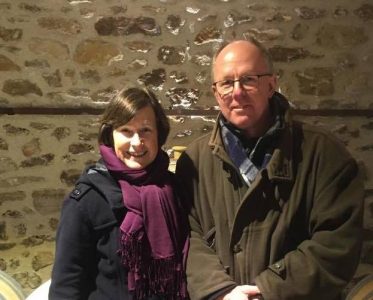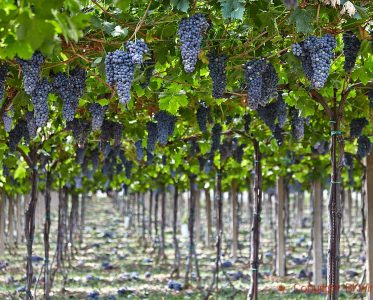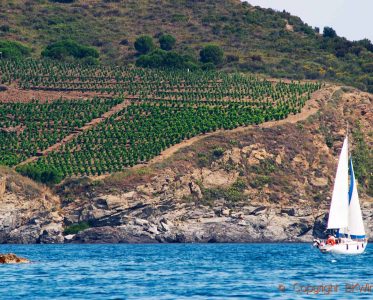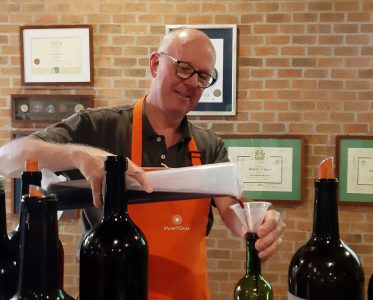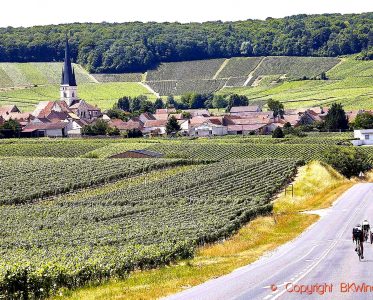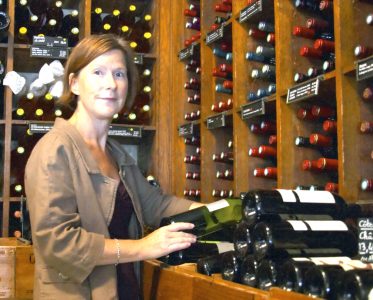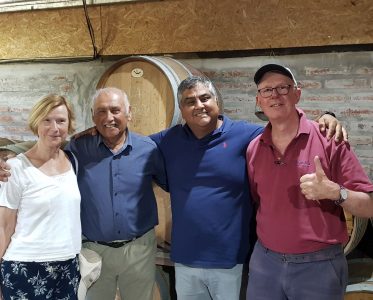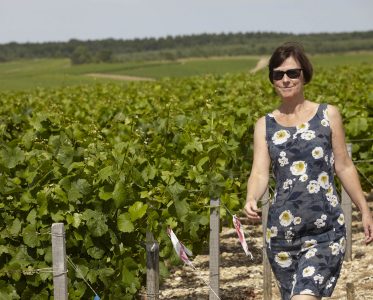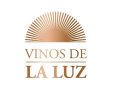Britt Karlsson & Per Karlsson #38
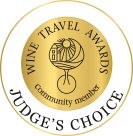
The Wine for the Future
Per Karlsson and Britt Karlsson are a dynamic and talented couple who have made a huge impact on the world of wine and tourism. Together in 2004 they founded BKWine AB, a company specializing in wine writing and wine tours, which has since become one of the world’s leading wine tour operators.
Up-to-date picture
Britt & Per have written twelve books on wine. Their latest book is on sustainability and organics in wine. The previous books cover a range of subject on wine, covering a wide range of topics, from technical topics such as winemaking and viticulture to regional wines and wine course literature guides. The books have won numerous literary awards from Gourmand International, OIV, the Swedish Academy of Gastronomy and others.
About climate change, sustainable and organic viticulture
As we can see, this time Britt Karlsson and Per Karlsson, well known for their impeccable taste in choosing wineries for the tours they organize, touch on much more serious topics. Perhaps someone will note that production technologies, organic or not viticulture are not a topic of wine tourism. But look at the root: if there are no vineyards, then where will we have picnics?)) And if there are no unique organic wines, then why would we travel beyond the nearest wine boutique? Here, you can read more about it, in the foreword of the book, in the comments of the study authors themselves:
It has been 12 years since we wrote our book “Biodynamic, Organic, and Natural Wine Making” (or, per the original Swedish title, “Wine and the Environment”). When it came out in 2012, it was perhaps the first book both in Swedish and internationally (it was also published in an English edition) that went into detail about what organic is and addressed the environmental issues surrounding wine production. At that time, interest in environmental issues in the wine industry had only just begun. Organic farming began to gain ground, but sustainable viticulture was not widely known. A lot has happened since then. In this relatively short time, organics has exploded, and sustainability has become something we all think about daily. Global warming has become a reality. Agriculture must adapt to new times. This means stricter laws and regulations but also different expectations from consumers. Now, it’s no longer just about making good wines; it’s also about being able to make sure you have a green plan.
Being aware of how to treat the environment in and around the vineyard is a matter of course for many wine producers today. Casually spraying products that are potentially dangerous for the environment and humans is a thing of the past. However, it is still necessary to spray to protect the vines against diseases and pests. Sustainable plant protection is available today to a growing extent. These are gentler on the environment but, unfortunately, not as effective as synthetic control. Therefore, the growers must combine this with trying to achieve a balance in the vineyard to help the vines resist the attacks. Flowers, trees and hedges are planted to compensate for viticulture being a monoculture. A varied flora and fauna contributes to the balance, just like a varied diet for humans. Predatory insects can eat the pests, and cover crops can naturally provide nutrition to the vines.
But there is a concern or a worry. Climate change brings unpredictable weather. It appears that we will experience more drought, more frost, more hail and heavier rainfall in the future.
Many feel that they cannot do without synthetic products (the kind of products that organic growers are not allowed to use). The politicians promise not to ban anything as long as there are no alternatives. Which is wise. Hastily banning something because public opinion thinks so can lead to the death of an entire industry. But the gap is widening between the European Commission’s target for a rapid reduction in pesticide use and the fear of producers being unable to protect their vineyards.
Sustainability is also about economics. A wine producer must be able to pay his employees’ wages, and then the wine company must make a profit. The wine industry must continue to be a sector that provides jobs. Without economic sustainability, viticulture cannot make the transition to sustainable cultivation because it costs money. Even consumers’ or buyers’ desire for “affordable” (cheap) wines can be a threat to the financial survival of wine producers. These are complicated issues. Nothing in the environmental debate is black or white.
In this book, we want to explain what all this means. Why you spray, and with what. What sustainability means for the wine’s entire life cycle. What research is done. What challenges the wine producers have. We don’t always say what is right or wrong because no one can. It depends on priorities and on each person’s particular situation.
To form an opinion yourself, you must first understand what it is about. That is why you hold this book in your hands. It was easier when we only had the debate about organic or not organic. The sustainability debate is more complicated. There are many different types of labelling with different rules, sometimes vague and imprecise, greenwashing occurs, the issues are multifaceted.
The book is about the environment, sustainability, organic farming and climate change. We tell you how it started, the rules and certifications, and the research. We write about the work in the field and inside the cellar. We show which additives can be used in different wines and why they are used. Organic farming is increasing, as are biodynamic viticulture and natural wines. We describe in detail what this means.
Our examples often come from France, which is partly because we live in France. But also, France is one of the countries that has come the furthest in terms of environmentally friendly viticulture and research.
What has changed in the decade or so since we wrote our last book on the environment? The whole debate has become more serious. We now see climate change as an immediate threat. It’s not so much about choosing anymore. You can still choose to be organic or not, but you have to be sustainable. We meet many wine producers on our wine tours in Europe’s and the world’s wine regions, and almost all of them address the issue of sustainability in the broadest sense or have a project about it. So we – the wine industry – are moving in the right direction.
The creative work of the authors includes a number of publications about wine and travel in Swedish. One of their books has been translated and published in English:
- Biodynamic, Organic and Natural Winemaking, Sustainable Viticulture and Viniculture
- Awards:
- Best wine book for professionals, first prize Sweden, Gourmand International, English edition
- Best book on drinks and health, first prize Sweden, Gourmand International, English edition
- Nominated (shortlist), Best wine book for professionals, nominated in the international finals, Gourmand International, English edition
- Best wine book for professionals, first prize Sweden, Gourmand International, for the Swedish Edition
- World’s best educational drinks book (wine book), second place, international finals, Gourmand International
- Awards:
You can find out more about the authors’ publications here: Our Books | BKWine Magazine |
